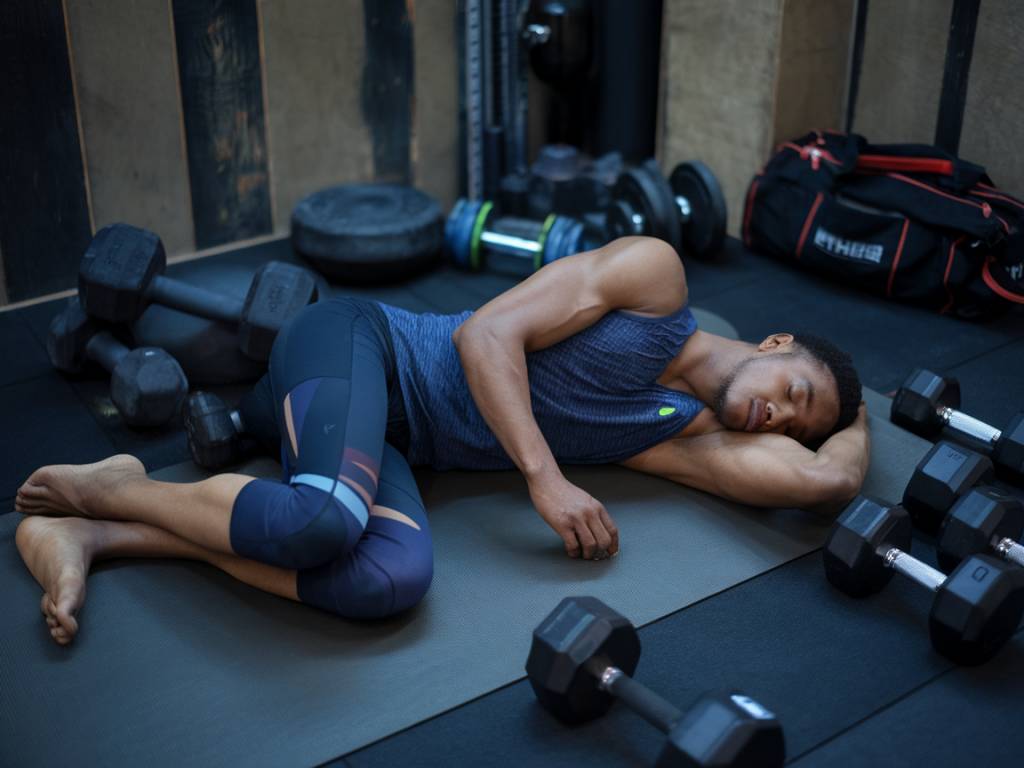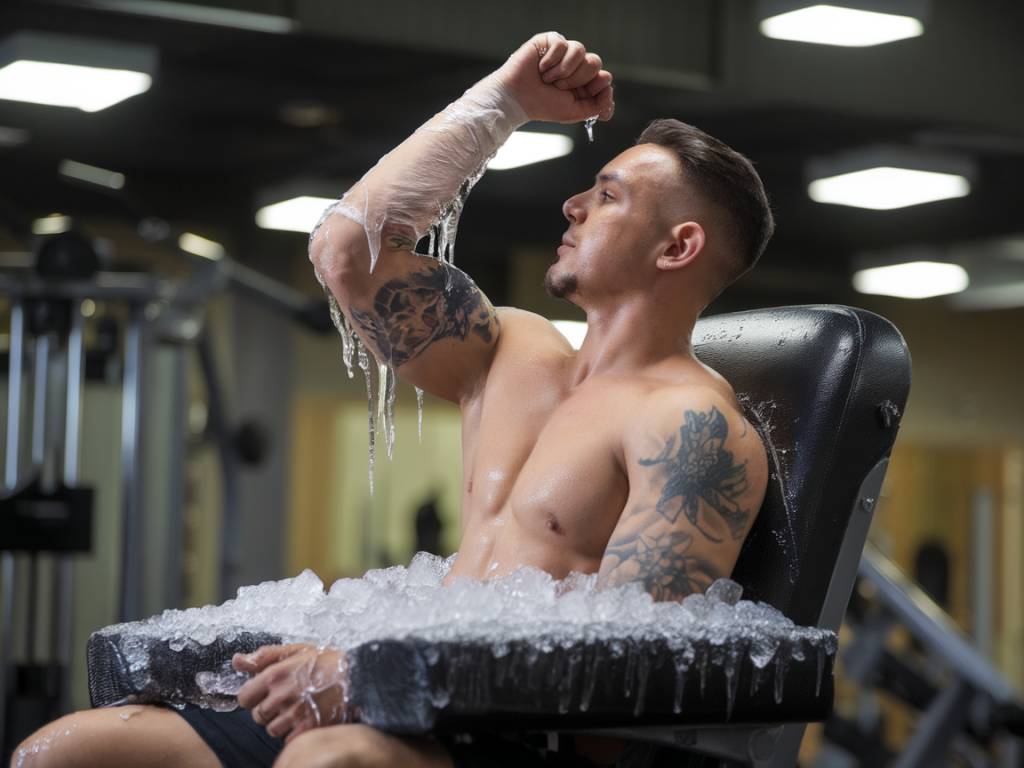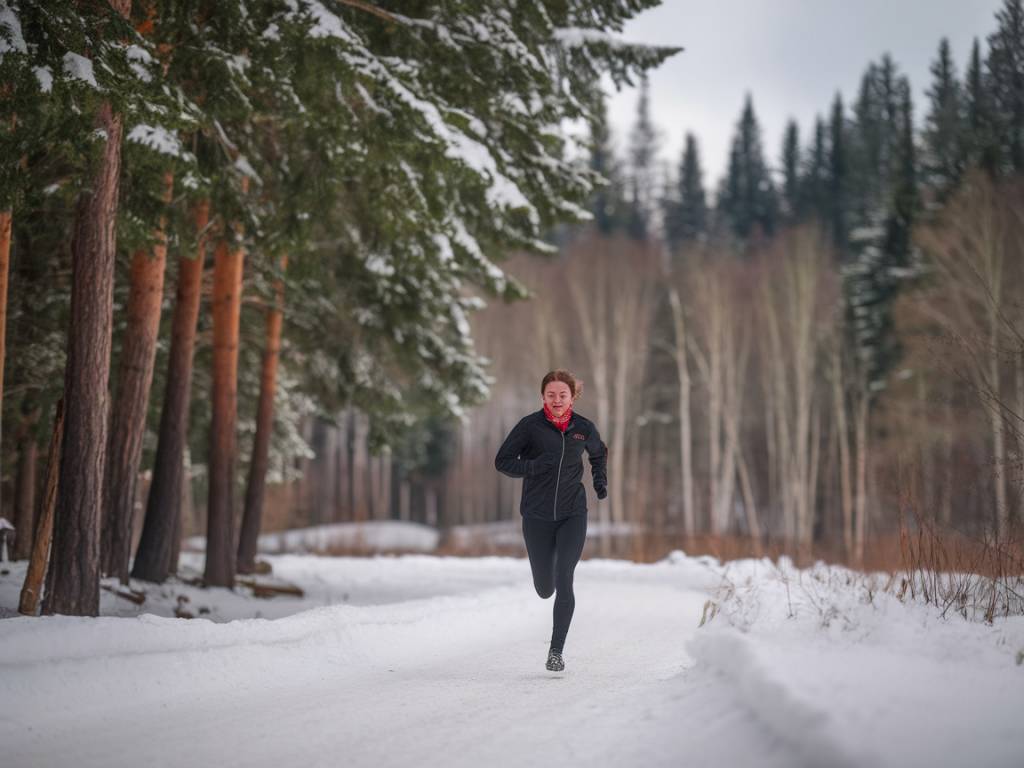The Power of Rest: Why Sleep Matters for Athletes
What if I told you there’s a game-changer for athletes that doesn’t involve expensive gear, elite coaching, or grueling workouts? It’s sleep. Yes, the good old Zzz’s. While training hard and eating right often steal the spotlight in sports performance discussions, sleep is the unsung MVP. In this article, we’ll dive into why sleep is crucial for athletic recovery, how it impacts performance, and how you can level up your rest game to reach new peaks.
Sleep: Your Secret Recovery Weapon
Let’s start with the basics. Intense physical activity, whether it’s a marathon run, CrossFit session, or a game of basketball, takes a toll on your body. When you push your muscles, joints, and nervous system to their limits, recovery becomes essential. Enter sleep – the period when your body goes into healing overdrive.
Here’s what happens as you snooze:
- **Muscle repair and growth**: During deep sleep, your body releases growth hormones that repair damaged tissues and build stronger muscles. Skimping on sleep? You miss out on this crucial rebuilding phase.
- **Energy restoration**: Sleep helps replenish glycogen stores, your body’s primary fuel for high-intensity activity. Think of it as refueling your tank to avoid hitting the dreaded « wall. »
- **Immune boost**: Sleep strengthens your immune system, helping your body fight off infections and inflammation, things every athlete wants to avoid.
Without adequate sleep, you’re essentially robbing your body of the recovery it desperately needs to perform at its best.
How Sleep Impacts Athletic Performance
Want to shave seconds off your 5K time or dunk like a pro? The quality and quantity of your sleep can make or break your performance. Here’s why sleep isn’t just about feeling rested – it directly impacts how you perform.
**Sharper focus and decision-making**: Sports often come down to split-second decisions. Poor sleep messes with your reaction time and cognitive functions, making you a step behind your competition.
**Endurance and stamina**: Lack of sleep leads to quicker fatigue. Your perceived effort increases, meaning that those final miles or reps feel a lot harder than they should.
**Injury prevention**: Overuse injuries aren’t just about overtraining – under-sleeping plays a role too. Sleep deprivation reduces motor skills and body control, making you more prone to missteps and strains.
Real Talk: How Much Sleep Do Athletes Need?
Okay, so sleep matters. But how much do you actually need? While the general population thrives on 7-9 hours a night, athletes often require more – roughly 8-10 hours. The extra Zzz’s allow your body and mind to recover fully after the physical and mental stress of training and competition.
NBA legend LeBron James reportedly sleeps up to 12 hours a day during the season. Meanwhile, Olympic swimmer Michael Phelps swore by napping to keep his performance levels high. Clearly, even the best of the best aren’t skimping on shut-eye.
Signs Your Sleep Game Needs Work
Not sure if you’re getting enough quality sleep? Keep an eye out for these red flags:
- Waking up groggy and not feeling refreshed, even after a full night of sleep
- Relying on caffeine or energy drinks to power through your day
- Frequent injuries, lingering soreness, or slow recovery after workouts
- Irritability, mood swings, or feeling emotionally drained
If any of these sound familiar, it’s time to prioritize better sleep habits.
Tips to Optimize Your Sleep for Performance
Ready to upgrade your sleep routine? Here’s how you can ensure your rest is as high-quality as your training sessions:
- **Stick to a schedule**: Aim to go to bed and wake up at the same time every day – yes, even on weekends. Consistency helps regulate your body’s internal clock.
- **Create a sleep sanctuary**: Keep your bedroom cool, dark, and quiet. Invest in a quality mattress and blackout curtains. Sleep like a pro, literally.
- **Limit screen time**: The blue light from phones and computers can mess with your melatonin levels. Try a tech-free hour before bed.
- **Mind what you eat and drink**: Avoid heavy meals, caffeine, and alcohol close to bedtime. No one likes waking up in the middle of the night because of indigestion or dehydration.
- **Practice a wind-down routine**: Stretch, meditate, read a book, or listen to calming music to signal your brain that it’s time to relax.
The Sleep & Training Balance: Can You Overdo It?
Here’s a fun fact: more sleep doesn’t mean better performance if your training isn’t on point. It’s all about balance. Overtraining without enough sleep is a recipe for burnout and injuries. Too much sleep paired with subpar training? You’re not pushing yourself hard enough to improve.
A winning strategy combines structured training, proper recovery, and enhanced sleep quality. Think of sleep as the foundation of your performance pyramid. Neglect it, and the whole structure might come crashing down.
Parting Thoughts: Sleep Like a Champion
Sleep isn’t just a passive activity – it’s an active part of your athletic journey. From repairing muscles to honing focus, every hour you spend in dreamland is an investment in your goals. So, whether you’re a weekend warrior or an up-and-coming pro, give sleep the respect it deserves.
Ready to unlock your full athletic potential? Remember, the path to greatness often starts in the bedroom. Now, go snag those Zzz’s – your next personal best might just be one good night’s sleep away.




